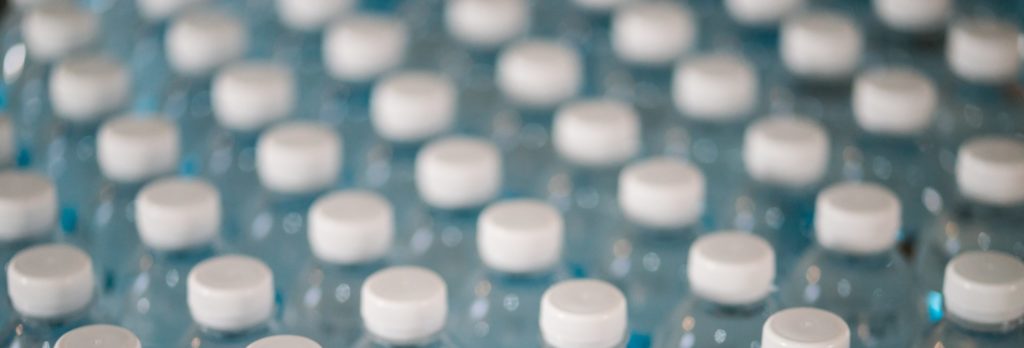A few days ago, my wife Sheila and I were at our local warehouse store (and no, we were not buying a five-year supply of toilet paper :-). It was quite busy, and many people in the checkout line had their carts filled with cases of bottled water. They would push their carts out to the parking lot, load their vehicles, and head home. No doubt that most of them were preparing for the uncertainties that coronavirus has brought into our lives with just the possibility that clean water might not be available in the future.

It made me think, though, about the one-third of the world’s population who do not have safely managed drinking water2 today, many of whom must walk long distances to obtain water for the daily needs of their family. What if I had to walk several miles to that warehouse store, get bottled water a case at a time, then carry it back home only to repeat the process until there was sufficient water for the day. Such is the life of so many of the patients seen at mission hospitals. Obtaining water each day to keep hydrated, to prepare safe food, to cleanse wounds, and to wash hands in order to prevent infections is an inordinately difficult and recurring task for many. What a luxury it would seem for me to have water and how frugal I would be with that precious resource if I had to carry my own water home each day.
Today is World Water Day1 with its focus on water and climate change. The list of water-related diseases is long and the burden of these diseases in medical mission lands is great. The complexity of some of the global issues related to clean water is above my pay grade, but the world seems to be a small place these days. I am resolved in these upcoming days to spend the time I stand in line at the store in considering the burden carried by those without clean water, particularly as it relates to diseases suffered as a result of the lack of this basic human need in medical mission lands, and to learning what I can do to help.
Tim Cavanagh
-
- World Water Day- https://www.worldwaterday.org/
- WWAP (UNESCO World Water Assessment Programme). 2019. The United Nations
World Water Development Report 2019: Leaving No One Behind. Paris, UNESCO.
https://unesdoc.unesco.org/ark:/48223/pf0000367306
